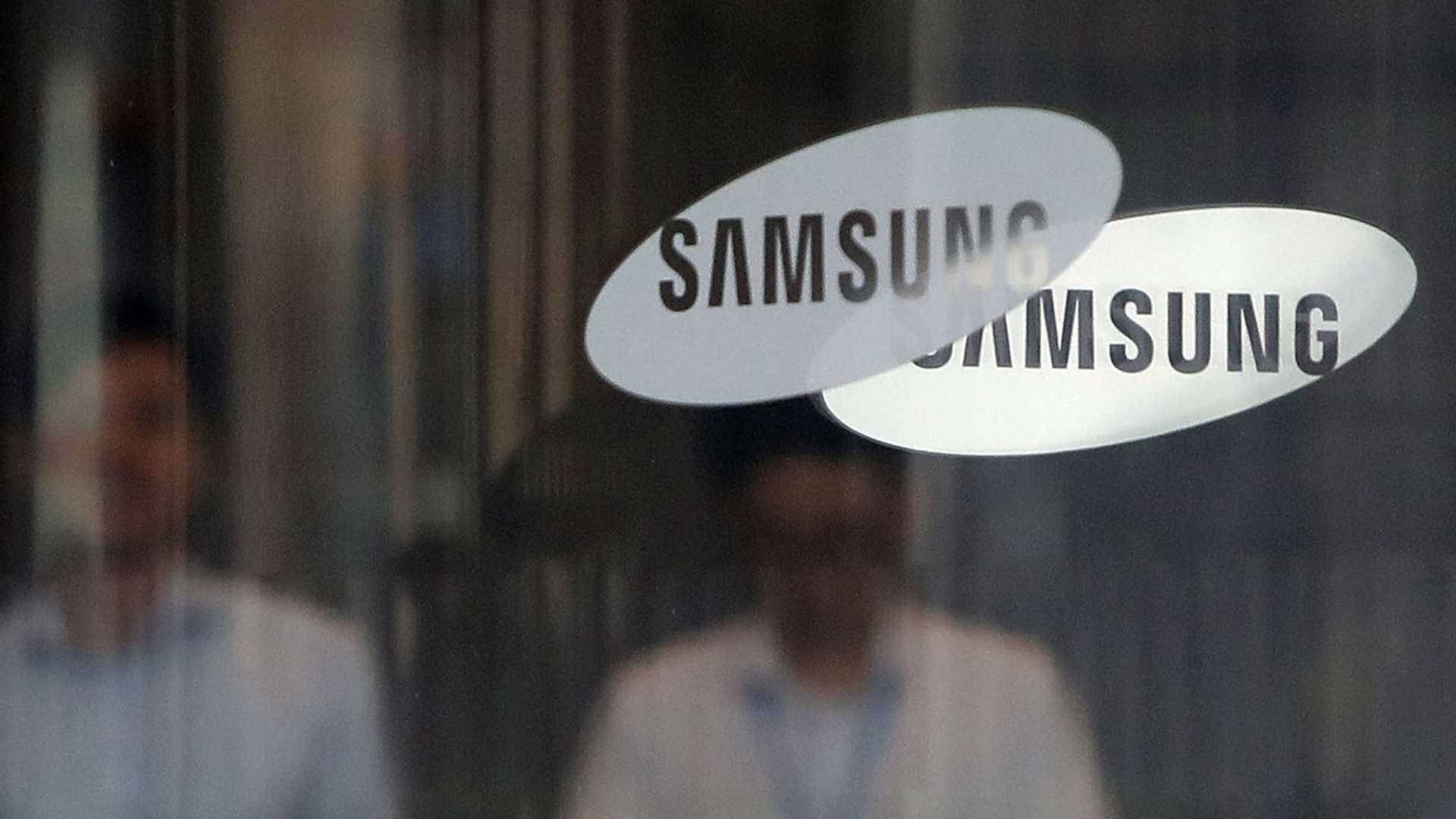Samsung Restricts Usage of Generative AI Tools like ChatGPT After April Data Leak
Samsung has announced that it will temporarily ban the use of generative AI tools on company-owned devices, including computers, tablets, and phones, as well as non-company-owned devices running on internal networks. This decision came following an internal data leak last month when sensitive data from Samsung was accidentally leaked to OpenAI's generative AI chatbot, ChatGPT.
The ban will not only cover ChatGPT but also services that use the technology like Microsoft's Bing and competing generative AI services like Bard from Google. However, this rule will only apply to devices issued by Samsung to its workers and consumers who own Samsung phones, laptops, and other connected devices will not be impacted.
A spokesperson at Samsung said, "The company is reviewing measures to create a secure environment for safely using generative AI to enhance employees’ productivity and efficiency. However, until these measures are ready, we are temporarily restricting the use of generative AI through company devices."
According to a memo, the restriction would be temporary, lasting until Samsung builds "security measures to create a secure environment for safely using generative AI to enhance employees’ productivity and efficiency."
Samsung is developing its own in-house AI tools for "software development and translation." OpenAI's generative AI chatbot, ChatGPT, has gained massive popularity worldwide since its launch last November, with people using it for everything from basic research to business-related tasks. However, proprietary data leaking to the service as it did with Samsung last month, has caused significant roadblocks. Concerns arise over potential violations of data privacy, copyright violations and inaccuracy in ChatGPT's responses.
The tech giant initially allowed employees at its device solutions (DS) division, which manages its semiconductor and display businesses, to use generative AI from March 11. Samsung also asked staff using generative AI tools elsewhere "not to submit any company-related information or personal data," which could disclose its intellectual property.
One of the issues Samsung noted is that the data on external servers is difficult to "retrieve and delete," and the data transmitted to such AI tools could be disclosed to other users. Based on Samsung's internal survey in April, about 65% of participants said using generative AI tools carries a security risk.
OpenAI has been working to address the more controversial issues to remove some of the more high-profile bans. Recently, ChatGPT services were resumed in Italy after OpenAI unveiled a plan to introduce new privacy controls. On the other hand, several businesses, including major banks, have restricted employee use of ChatGPT, citing concerns over intellectual property and security.
In South Korea, other large tech companies, including LG and memory chip maker SK Hynix, are struggling to make their own guidelines for using generative AI tools as well.




















